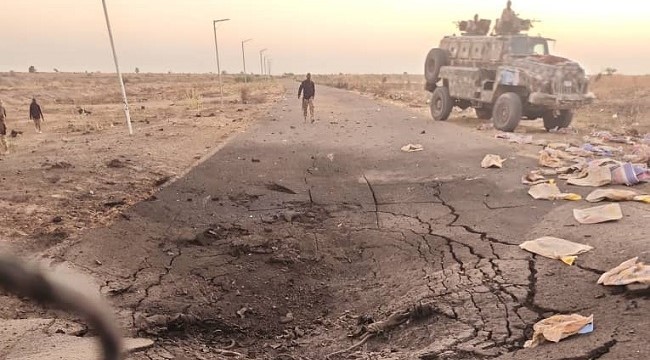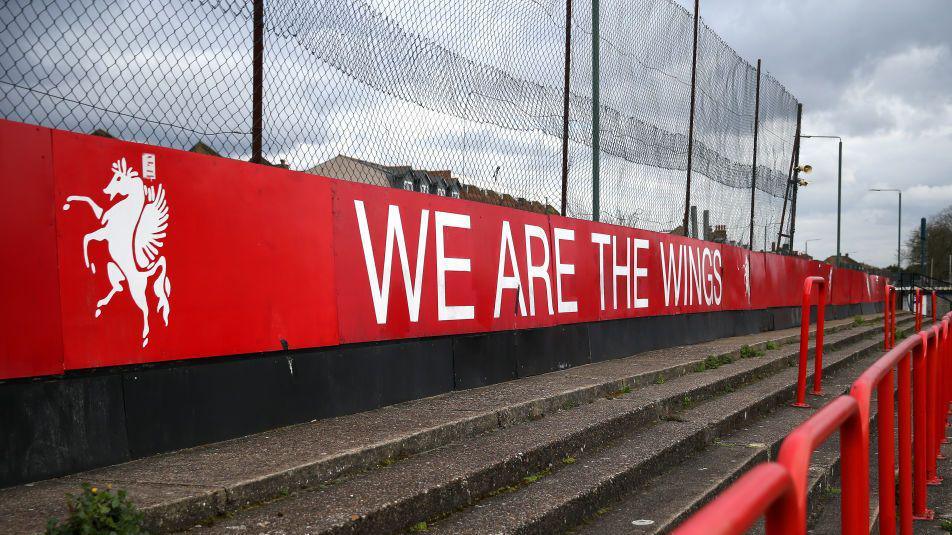- 71 Comments
Glasgow Warriors 28 (0)
Tries: McKay, Brown, Tuipulotu Cons: Hastings 4
Toulouse 21 (21)
Glasgow Warriors mounted an epic comeback from 21-0 down to beat French giants Toulouse in the Champions Cup on one of the club’s greatest nights.
In torrential rain and gale-force winds, the six-time champions were still able to display all their signature power and precision in the first half as they threatened to comprehensively outclass their hosts.
Antoine Dupont, making his first start in eight months after a serious knee injury, got the ball rolling with the opening try and a double from Kalvin Gourgues saw the visitors race into what looked like an unassailable lead at half-time.
Warriors re-emerged like a team possessed and stunned Toulouse with tries from Josh McKay, Gregor Brown, Sione Tuipulotu and Gregor Hiddleston to send Scotstoun into raptures.
A big cheer went up when Dupont’s name was read out by the stadium announcer ahead of the match, and the little maestro wasted no time in showing his class.
Thibaud Flament burst through the Warriors defence and galloped into the 22, finding Dupont on his shoulder and he glided over for the opening try in a little over six minutes.
Dupont was instrumental as Toulouse struck again moments later, though the home crowd were furious as they were convinced his pass to send Gourgeus over for the second try was forward.
Warriors seemed to be on referee Matthew Carley’s bad side, with the penalty count and the pressure cranking up against them.
The home side were grimly hanging on for half-time, but Gourgeus shrugged off a weak tackle from Josh McKay to go over for his second and Toulouse’s third.
Glasgow survived another scare in the final play of the half when Ange Capuozzo’s try was ruled out after he was just bundled into touch as he grounded in the corner, but at 21-0 at the break, the contest was all but done.
Or was it? Glasgow needed something to offer a glimmer of hope and they got it when some slick handling set McKay free up the touchline to run in for the try.
Whether it was some strong words at half-time from head coach Franco Smith, or turning around to play with the wind now at their backs, a flick had switched and suddenly Warriors were putting it up to their illustrious opponents.
The Glasgow bench was making an impact and one of the substitutes, Brown, blasted over from close range to reduce the arrears to seven points and bring Scotstoun to life.
The roof nearly came off the place when Tuipulotu finished off an a period of intense pressure on the Toulouse line, and when Adam Hastings banged over the conversion we were all square.
Still Glasgow came. They had Toulouse rocking and they landed another blow, a rolling line-out maul thundering over the try-line with substitute Hiddleston touching down to give Warriors the lead for the first time.
Line-ups
Glasgow: McKay; Steyn, McDowall, Tuipulotu, Smith; Hastings, Dobie; McBeth, Hiddleston, Z Fagerson, Williamson, Cummings, M Fagerson, Darge, Dempsey.
Replacements: Stephen, Sutherland, Talakai, Craig, Brown, Miller, Horne, Lancaster.
Toulouse: Ramos; Capuozzo, Costes, Gourgues, Kinghorn; Ntamack, Dupont; Ainuu, Marchand, Aldegheri, Brennan, Flament, Willis, Banos, Jelonch.
Related topics
- Glasgow Warriors
- Rugby Union















